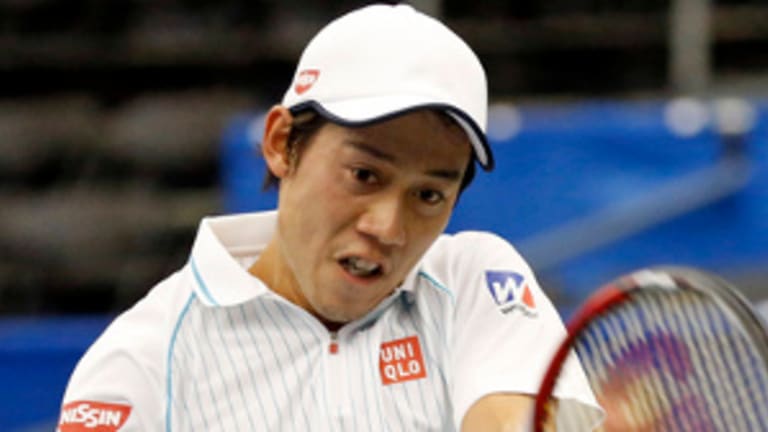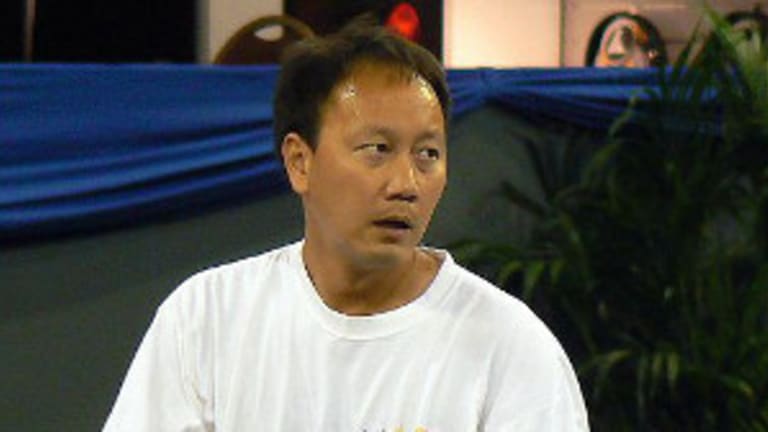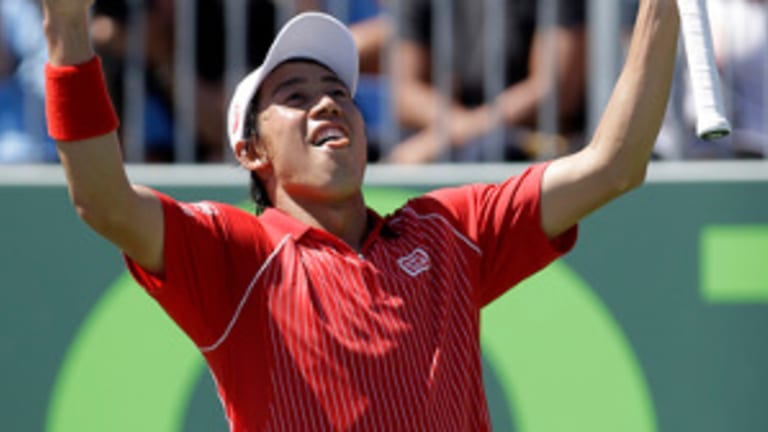In boxing, they often compare the buzz of getting in the ring to a Class A drug. Being able to shun those adrenaline-pounding moments for an ordinary life requires a clarity of thought and willpower that few great fighters possess.
But in tennis, the only other sport which conjures up such gladiatorial, mano-a-mano combat, it appears that its finest athletes have few problems knowing when to quit. Burnt out by a decade or more of nomadic globetrotting and having forced an increasingly battered body through a relentless schedule, most successful tennis players call time on their career and never look back.
Some take up residence on TV sofas, others settle into a comfortable retirement on the golf course, some even establish academies, but few were ever tempted to return to the circuit as coaches.
Ivan Lendl’s extraordinarily successful partnership with Andy Murray seems to have changed that, as more players are seeking out the greats of yesteryear in hope of gaining that extra edge. One of the latest to come back is Michel Chang. Eleven years after he retired, Chang now advising Kei Nishikori, Asia’s finest male player in a generation.
Having previously said he wasn’t interested in taking up any permanent coaching positions, what changed Chang’s mind? He spoke to TENNIS.com.
Q: So what made you decide to return to the tour?
Michael Chang: Well, I did periodically return to the game to play some of the Champions Tour events. Last year I went out and played the French and also the U.S Open. This particular situation is a little bit unique and under normal circumstances I wouldn’t normally do it. But Kei is in a unique position right now, obviously being of Asian heritage. There haven’t been a lot of successful Asian male players on tour, and for him to be right up there in the queue to break into the top ten, I felt it was a bit of a unique situation and we have quite a few similarities.
Q: What are the things you feel you can add to Kei’s game?
MC: I feel like there are certain aspects which can be improved. We actually played an exhibition a couple of years ago in Tokyo, and that was the first time I’d met him. We chatted a little bit about his mentality back then, then I saw him at the French last year and I was contacted around about U.S. Open time regarding the possibility of working with him.
There are certain aspects that he’s already improved upon which was evident in Australia in January, and I think he’s heading in the right direction, gaining confidence and his game is improving. Some things are going to take a bit less time to get better and some things are going to take a little longer, but the process has been good so far.
Q: Kei’s an excellent athlete and so solid from the back of the court. So is it all about adding more bite to his game to tackle the big hitters?


